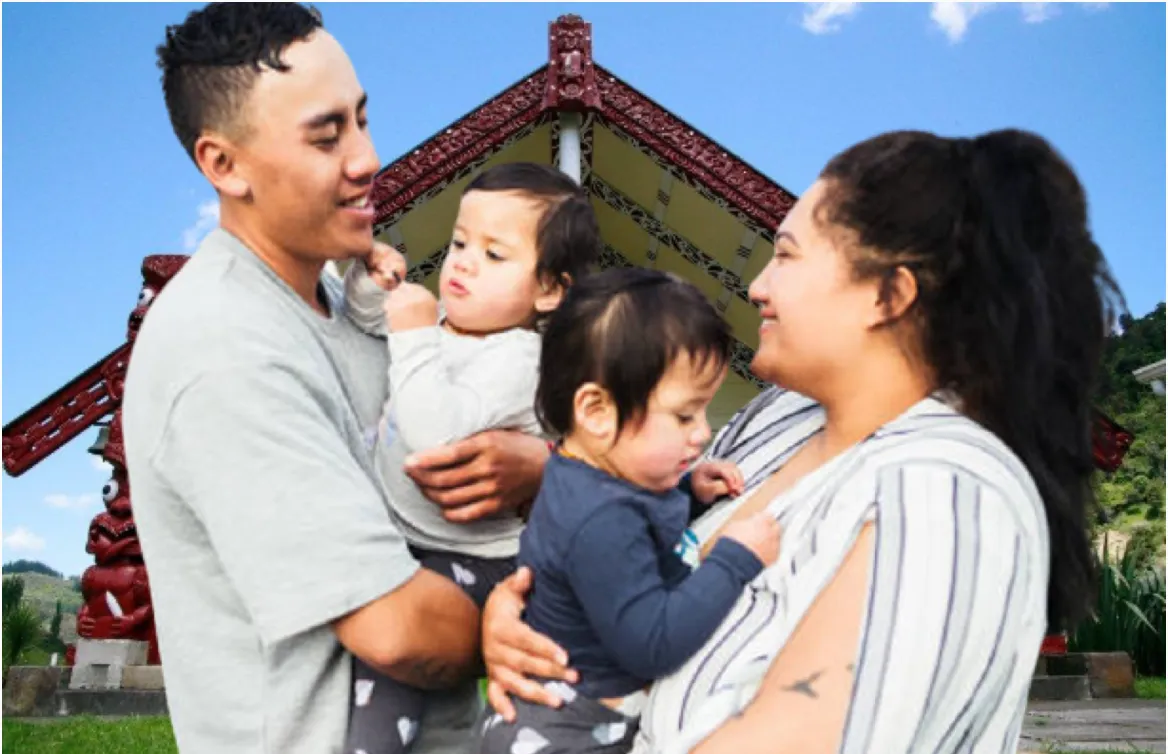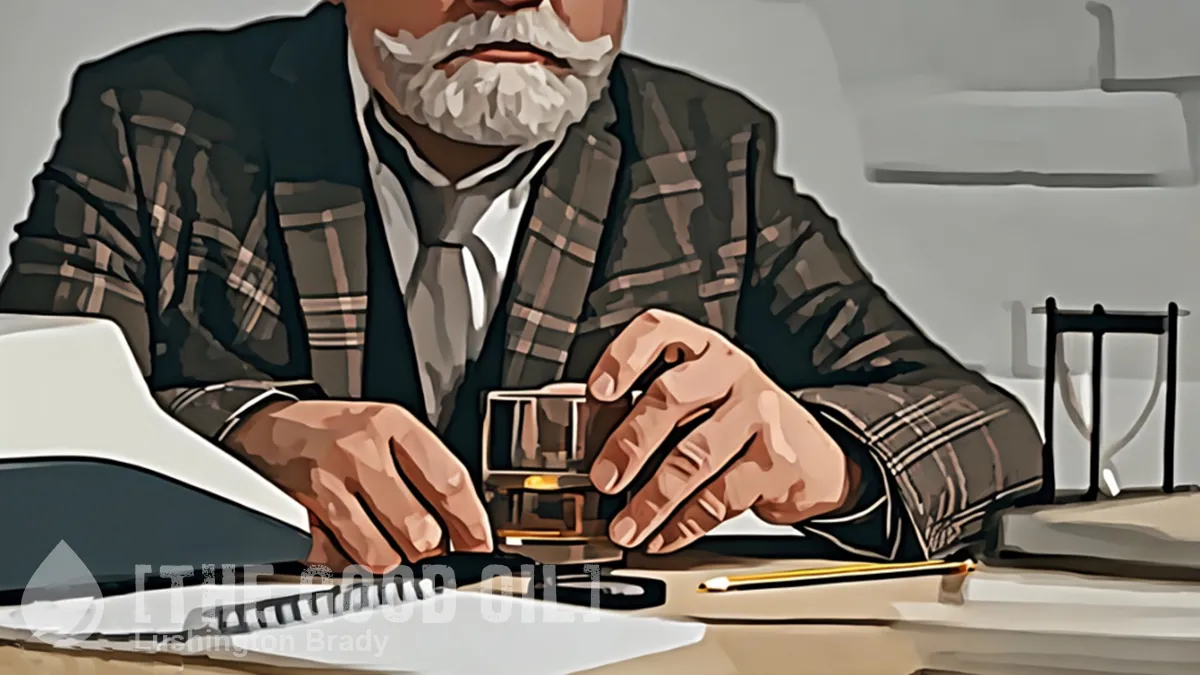Lindsay Mitchell
lindsaymitchell.blogspot.com
Lindsay Mitchell has been researching and commenting on welfare since 2001. Many of her articles have been published in mainstream media and she has appeared on radio,tv and before select committees discussing issues relating to welfare. Lindsay is also an artist who works under commission and exhibits at Wellington, New Zealand, galleries.
Continuing with Stuff’s ‘Our Truth’ crusade Michelle Duff has a piece profiling five good Maori Dads to show that they do exist.
We all know there are good Dads – Maori and non-Maori – everywhere. The reason it isn’t reported is that it isn’t news. It’s abiding fact.
She goes on to bemoan Once Were Warriors – “the spectre of Maori fatherhood, ground into New Zealand’s cultural fabric like a long stain of Double Brown on a pub carpet” – and some sensationalised 2006 research about the ‘warrior gene’ reinforcing stereotypes that sadly, “Maori start to believe”.
Inevitably the narrative moves on to how Maori child-rearing practises were so much better in pre-European times. Duff lifts this 1840 quote from a writer called Polack:
“The father was devotedly fond of his children and they were his pride and delight”, wrote Polack, a Jew and a trader for some years.
I went to the source and found that the immediately preceding sentence reads, “Child prisoners were greatly prized and lived with the whanau but they remained slaves for life.” That part of the quote was naturally excluded. The practise of slavery – so abhorred internationally today – was ended by colonisation.
Stuff’s obsession with selectively re-educating the audience is utterly patronising.
I form my views from a mix of: what I see with my own two eyes, reading, statistics,and anecdote.
If 47 percent of those on the Sole Parent Support benefit (for caregivers with children up to 14 years-old) are Maori, commonsense dictates that the degree of contact Maori fathers have with their children is lower than for non-Maori.
Yes, I accept that not all of the fathers of mothers on SPS would be Maori, and some of the SPS recipients would acually be the fathers of the dependent children. Some of the claims will even be fraudulent – Mum claims despite Dad being ever-present.
However, from a PHD thesis held at the University of Waikato:
During the 1990s Yeoman and Cook (2008) estimated that around 40% of M?ori children lived in a single parent household, predominantly with the mother. In other words, 2 out of every 5 M?ori children were raised in homes with only one parent; a trend that is likely to keep increasing (Hutton, 2001). This also means that a large majority of fathers are absent from the everyday lives of their children or have limited contact with them. It also poses a question, where are all the fathers?
Asked, I believe, by a young Maori man.
Please share this article so that others can discover The BFD.









